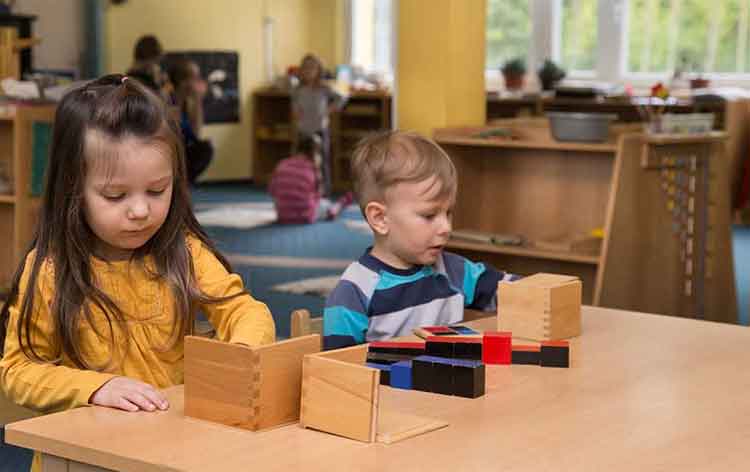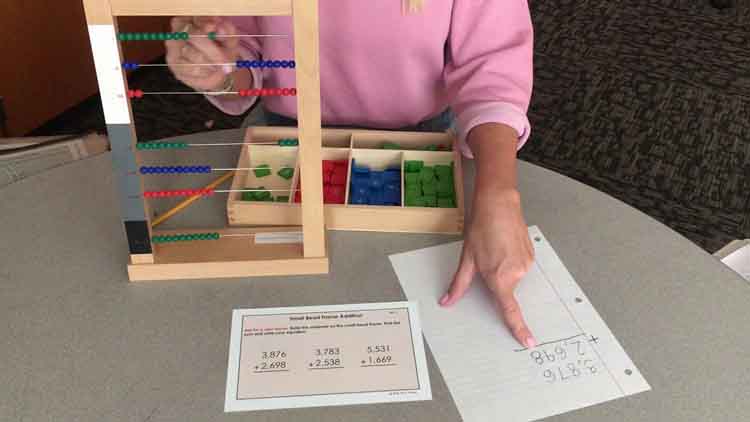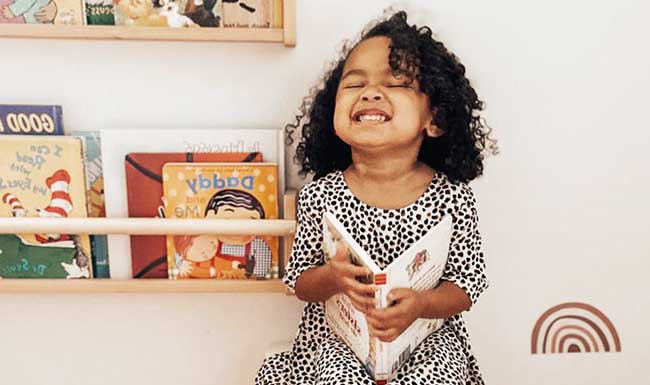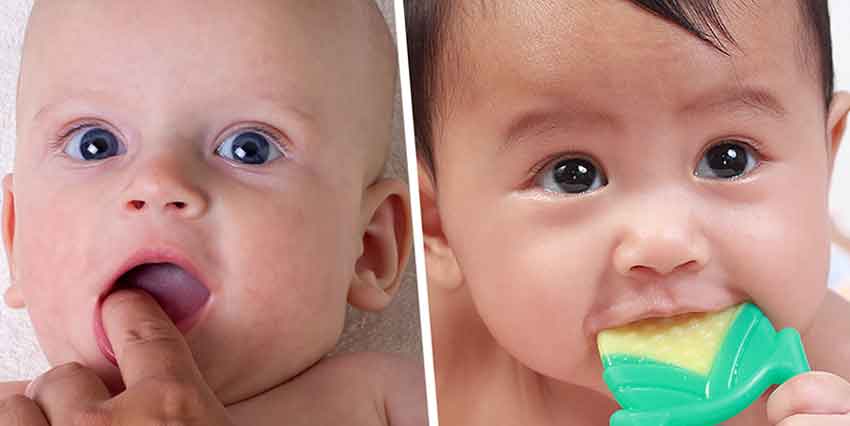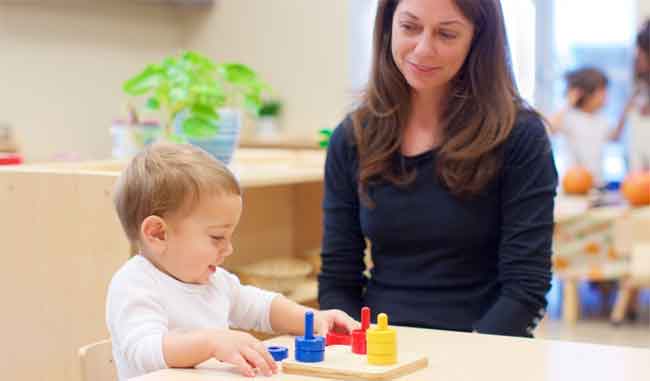The Montessori method of education, founded by Dr. Maria Montessori, has been embraced worldwide for its child-centered approach that fosters independence, critical thinking, and emotional well-being. Central to Montessori education is the use of carefully designed Montessori apparatus, which are specialized materials that facilitate learning through hands-on activities. These materials, made from natural, tactile resources, are not only designed to enhance cognitive learning but also have profound psychological benefits that support a child’s emotional and mental development.
In this article, we explore the psychological benefits of the Montessori apparatus and how these tools contribute to a child’s growth, from building self-esteem to nurturing emotional regulation and social skills.
Understanding Montessori Apparatus
Montessori apparatus refers to a wide variety of materials used in Montessori classrooms to help children explore concepts in mathematics, language, sensorial exploration, practical life skills, and more. These tools are intentionally designed to engage children’s senses and provide them with the opportunity to learn at their own pace. Unlike traditional classroom settings where learning is often structured and teacher-driven, the Montessori apparatus encourages children to engage actively with their environment, explore independently, and develop an internal motivation to learn.
The psychological impact of Montessori materials is profound, as they cater to the developmental needs of children, creating a foundation for emotional resilience, self-confidence, and mental well-being.
1. Building Independence and Self-Esteem
One of the most significant psychological benefits of the Montessori apparatus is the fostering of independence. Montessori materials are designed to encourage children to explore and solve problems on their own, which gives them a sense of accomplishment and boosts self-esteem.
As children interact with the apparatus, they learn to take responsibility for their learning process. For example, the Practical Life materials—such as pouring water from one jug to another or polishing objects—help children gain a sense of autonomy as they master tasks that are necessary for daily life. This empowerment through independence gives children the confidence to tackle more complex challenges and fosters a positive self-image.
Moreover, the Montessori method operates on the principle of “freedom within limits,” where children are given the freedom to choose their activities and work at their own pace. This autonomy encourages children to trust their abilities and develop a sense of ownership over their learning, which directly contributes to their psychological well-being.
2. Promoting Emotional Regulation and Self-Control
Another critical psychological benefit of the Montessori apparatus is the support it offers in the development of emotional regulation and self-control. Montessori materials are designed to encourage children to work independently, which helps them build patience and perseverance. For example, when working with the Montessori bead frames for counting or the number rods for early math skills, children are often required to take their time, think carefully, and complete tasks in a step-by-step process. This slow, deliberate pace promotes patience, focus, and the ability to regulate emotions.
The materials also provide opportunities for children to make decisions and solve problems, which enhances their self-control. For instance, if a child encounters difficulty in solving a puzzle or completing a task, they must learn to cope with frustration and find solutions independently. The hands-on nature of the Montessori apparatus means that children repeatedly face challenges, and over time, they develop strategies for managing their emotions when things don’t go as planned.
Furthermore, sensorial materials, such as colored tablets or texture boards, help children process sensory experiences, which play a crucial role in emotional self-regulation. Engaging with these materials allows children to become more attuned to their sensory perceptions and provides a calming effect, aiding emotional balance.
3. Enhancing Concentration and Mental Focus
The ability to concentrate is another psychological benefit that the Montessori apparatus helps to cultivate. Concentration is a cornerstone of Montessori education, and the materials are intentionally designed to engage children deeply, promoting focus and attention.
For example, the Montessori puzzles or sequencing activities require children to complete tasks with sustained concentration. Unlike traditional classroom materials that might distract children with excessive visual stimuli, Montessori apparatus is intentionally simple and unembellished, allowing children to focus on the task at hand. This focus and concentration not only contribute to cognitive development but also positively impact mental well-being, as children experience a sense of pride and satisfaction when they complete a task successfully.
The gradual increase in difficulty and complexity of the Montessori materials also ensures that children are constantly challenged, which helps build mental stamina and resilience. As children tackle tasks that require more focus and attention, they develop confidence in their ability to concentrate, which translates to better cognitive functioning and a stronger sense of mental control.
4. Fostering a Growth Mindset and Problem-Solving Skills
Montessori apparatus also encourages the development of a growth mindset, the belief that abilities and intelligence can be developed through effort and persistence. The open-ended nature of the materials allows children to engage in repeated trials, which helps them understand the importance of practice and perseverance in achieving success.
Materials like the Montessori geometric solids or pattern blocks encourage children to explore and experiment, learning through trial and error. When children make mistakes, they are allowed to problem-solve and try again, reinforcing the idea that mistakes are part of the learning process. This helps to develop resilience and problem-solving skills, key aspects of psychological well-being.
Children who engage with Montessori materials often come to see challenges not as setbacks, but as opportunities for growth. By promoting the idea that learning is a continuous journey, the Montessori apparatus helps children build a sense of competence, mastery, and emotional resilience.
5. Encouraging Social Skills and Collaboration
Though Montessori education emphasizes individual learning, it also provides ample opportunities for children to develop social skills. Montessori classrooms are designed to encourage collaboration, with children often working in mixed-age groups. This setup fosters a sense of community and encourages children to interact with one another, share materials, and help each other with tasks.
The Montessori apparatus itself is often designed for cooperative activities. For example, children might work together on a sensory bin, sorting objects, or on a nature walk, observing and discussing their findings. These interactions not only develop cognitive and practical skills but also encourage the development of empathy, communication, and teamwork.
Moreover, the mixed-age environment promotes social development by allowing younger children to learn from older peers, while older children develop leadership skills by helping younger ones. This sense of community and cooperation nurtures emotional well-being and a sense of belonging, which is vital for psychological health.
6. Stimulating Curiosity and a Love of Learning
Montessori apparatus is carefully designed to inspire curiosity and encourage a love of learning. The materials are often open-ended, meaning children can use them in a variety of ways, which sparks imagination and creativity. This intrinsic motivation to explore and learn fosters self-directed learning, where children take charge of their educational journey.
By using Montessori materials, children develop a sense of wonder and curiosity, which is essential for cognitive and psychological development. The joy and excitement of discovery enhance their mental well-being, as children become deeply engaged and find satisfaction in the learning process.
Montessori apparatus offers a wide range of psychological benefits that support a child’s mental and emotional development. By promoting independence, emotional regulation, concentration, problem-solving skills, social collaboration, and a love of learning, these materials lay a strong foundation for a child’s psychological well-being. Through hands-on experiences with Montessori materials, children develop not only cognitive skills but also resilience, self-confidence, and emotional intelligence that will serve them well throughout their lives. The psychological impact of Montessori education extends far beyond the classroom, empowering children to become self-assured, curious, and compassionate individuals.
Content Prepared by: Pratheek
Contact no: +9198468 08283
